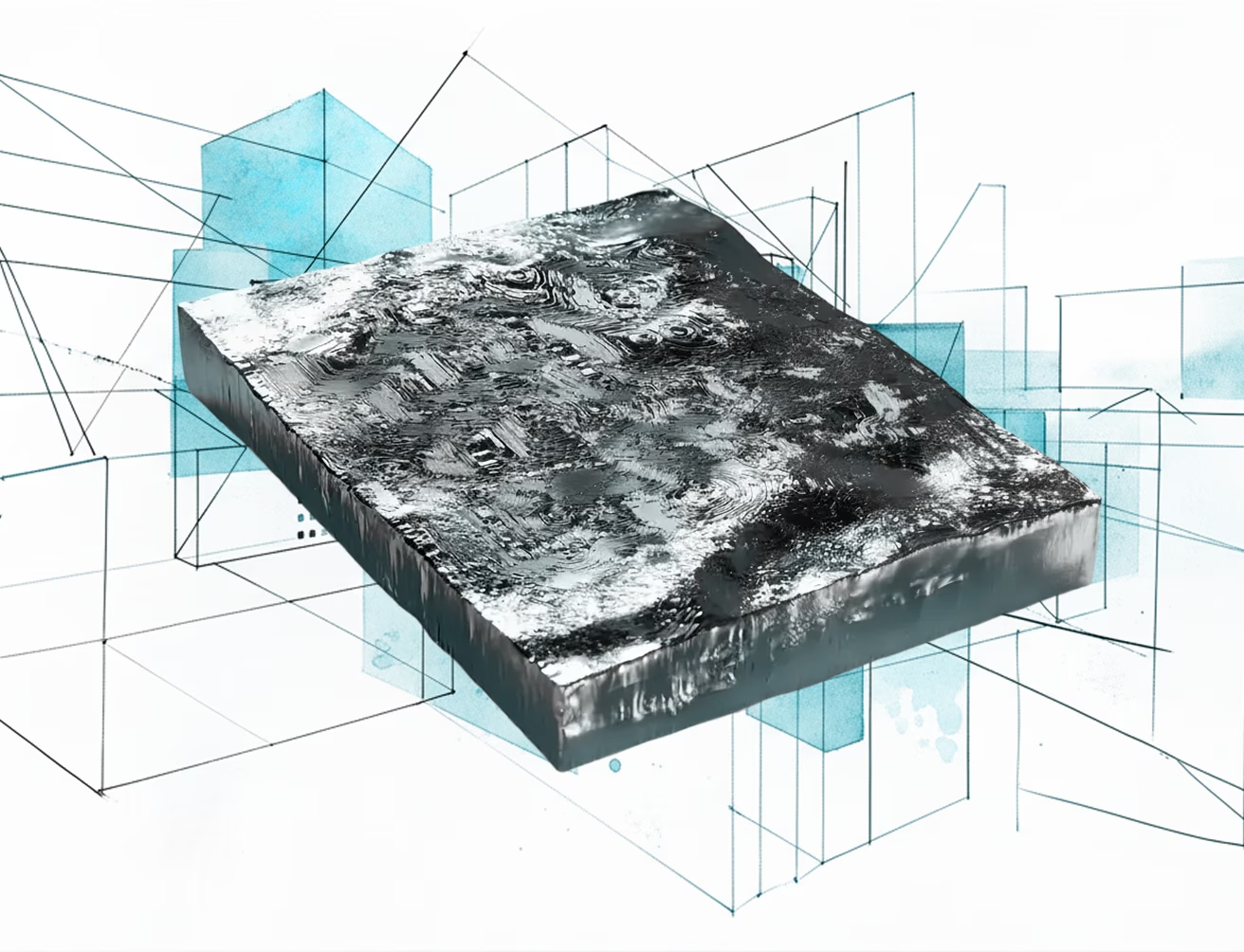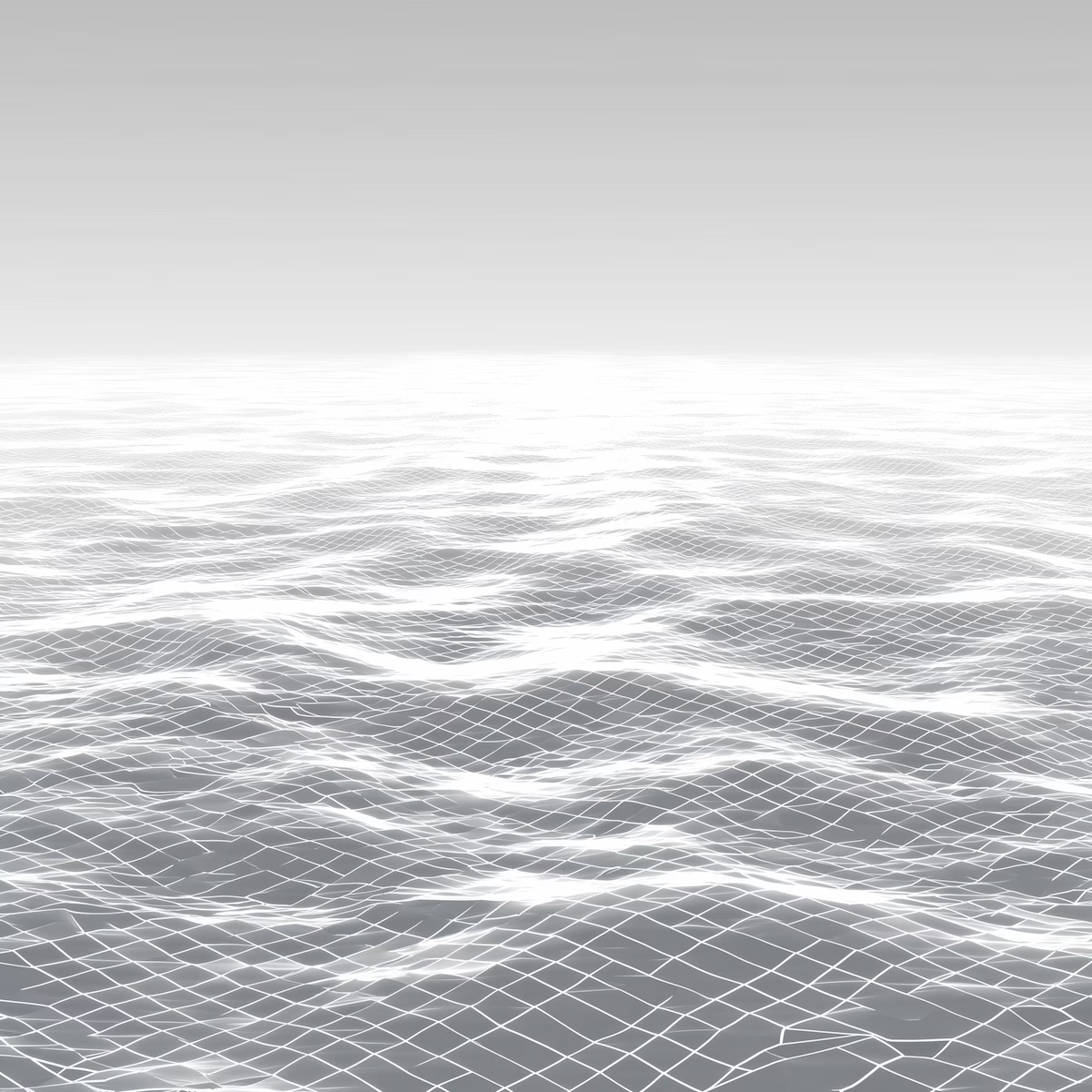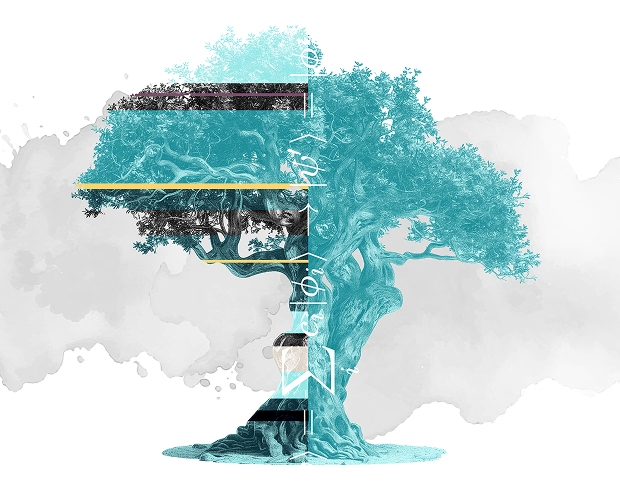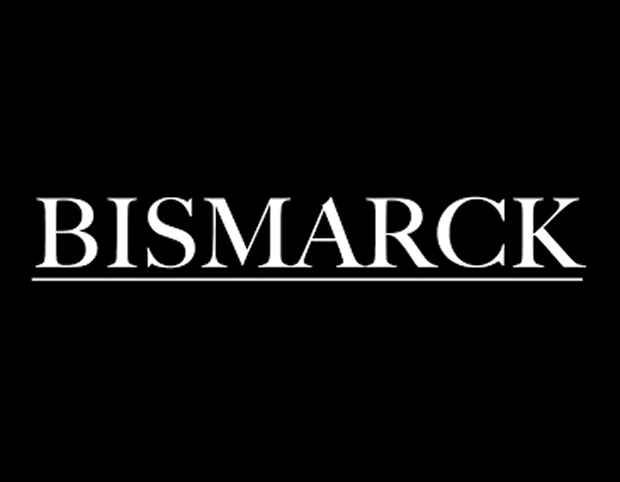
Advancing on all fronts
Breakthroughs often come from emerging fields and at the intersection of existing fields. These emerging and cross-disciplinary fields constitute the actual frontier of scientific knowledge, and are scattered across the physical sciences, life sciences, social sciences, and in the study of science itself, also known as “metascience.”
Introspection
Identifying reliable reports about a person's mind makes it possible to model their beliefs and goals. Such models can then be used to predict action. With rapid feedback on many proposed interventions, a full-fledged exploration of the mind becomes possible. Learn about Leverage's foundational exploration of the human mind.

Nucleonics
In collaboration with the low energy nuclear reactions (LENR) team at MIT, Leverage is helping to advance nucleonics. The field of nucleonics studies atomic nuclei and how energy can be transferred between nuclei and extracted. Anomaly reports and better theory will drive progress in this rising field.

Magnetobiology
Weak magnetic fields have measurable biological effects, though these effects are poorly understood on a practical and theoretical level. Theoretical work will define the space of possible explanations while experimental work, as in Leverage’s new magnetobiology lab, will rule those explanations in or out.

History of Electricity
Throughout the history of successful science, from astronomy and optics to chemistry and geology, there are only a few hundred major discoveries. Leverage is conducting case studies on each of these, beginning with electricity. These case studies will furnish a data set that will make public and scientific discussion of science much easier.

Social Science
Despite great efforts, fields such as psychology and sociology lag far behind the physical sciences. Learn about our attempt to advance the social sciences towards reliability and utility.
Introspection
Identifying reliable reports about a person's mind makes it possible to model their beliefs and goals. Such models can then be used to predict action. With rapid feedback on many proposed interventions, a full-fledged exploration of the mind becomes possible. Learn about Leverage's foundational exploration of the human mind.

Physical Science
Some areas in science and technology have become stuck. We analyze fields, from nuclear energy to longevity to quantum biology, to find the real bottlenecks and identify promising ways forward.
Nucleonics
In collaboration with the low energy nuclear reactions (LENR) team at MIT, Leverage is helping to advance nucleonics. The field of nucleonics studies atomic nuclei and how energy can be transferred between nuclei and extracted. Anomaly reports and better theory will drive progress in this rising field.

Life Science
Some areas in science and technology have become stuck. We analyze fields, from nuclear energy to longevity to quantum biology, to find the real bottlenecks and identify promising ways forward.
Magnetobiology
Weak magnetic fields have measurable biological effects, though these effects are poorly understood on a practical and theoretical level. Theoretical work will define the space of possible explanations while experimental work, as in Leverage’s new magnetobiology lab, will rule those explanations in or out.

Metascience
Studying the history and philosophy of science makes it possible to do better science. Read our case studies of important history discoveries and learn about challenging conceptual issues in science.
History of Electricity
Throughout the history of successful science, from astronomy and optics to chemistry and geology, there are only a few hundred major discoveries. Leverage is conducting case studies on each of these, beginning with electricity. These case studies will furnish a data set that will make public and scientific discussion of science much easier.

Recent Publications
Leverage publishes reports on many topics in science and technology, including case studies on major discoveries in the history of science, analyses of bottlenecks in existing fields, as well as research from our own foundational research programs.

Can AI Systems Evaluate Research Papers?
Part of Leverage's AI initiative, this is the first in a series of experiments to determine whether current AI systems can evaluate the quality of scientific research.
.jpg)
Summary of Leverage Introspection Research
An overview of Leverage's introspection findings from 2012-2019. Presents a physics, chemistry, biology, and ecology of the mind while summarizing the main findings. The best available piece on the topic, as of late 2024.
Affiliated Organizations
Leverage incubates, partners with, and provides early support for organizations with revolutionary research teams who advance the cutting edge and educate the public through clear communication about the physical, natural, and social sciences, and the study of science itself.

Quantum Biology Institute
A multidisciplinary team of scientists are building a microscope to probe quantum states inside cells at room temperature

Bismarck Analysis
Case studies on industries, technologies, organizations, and individuals; towards an atlas of worldwide power players

Palladium Magazine
Magazine on society, history, politics, and civilization, constructing a philosophy called “governance futurism”

.jpg)
.jpg)


